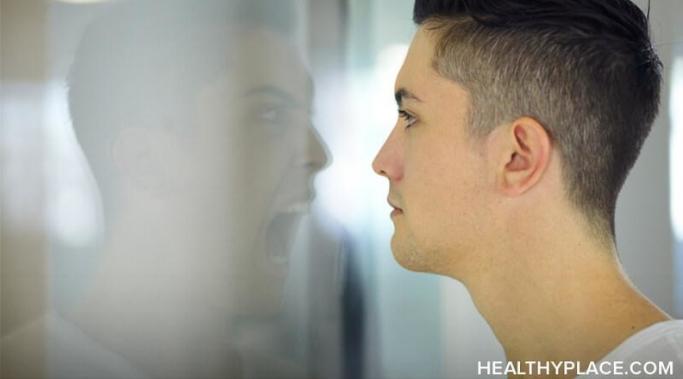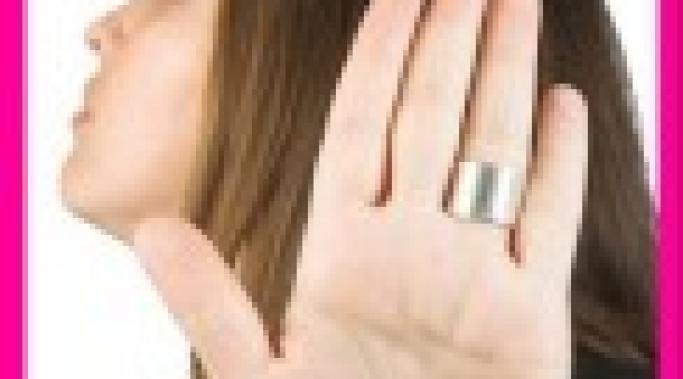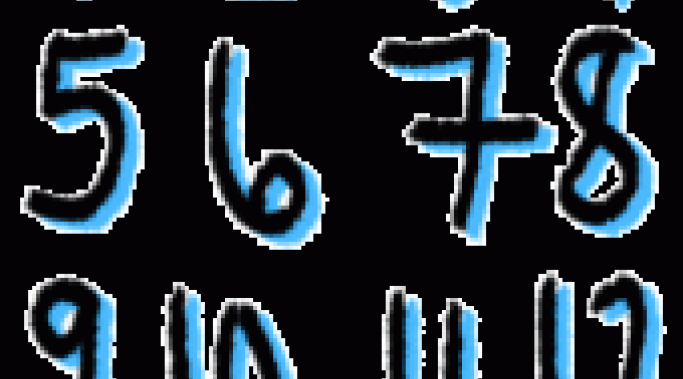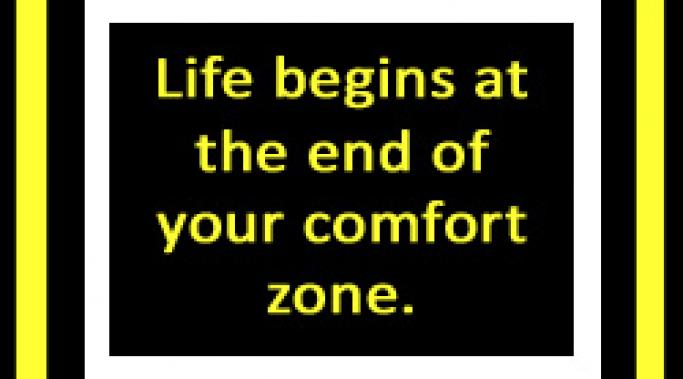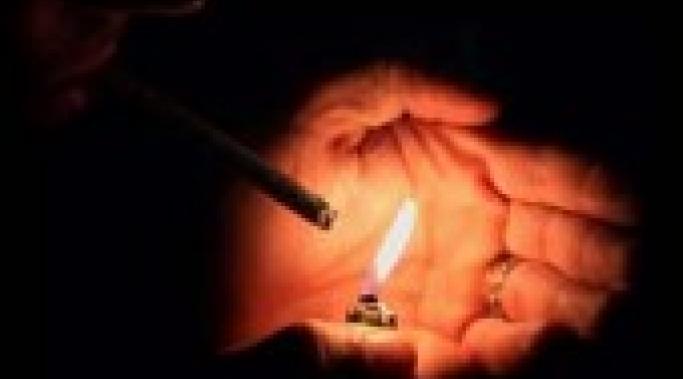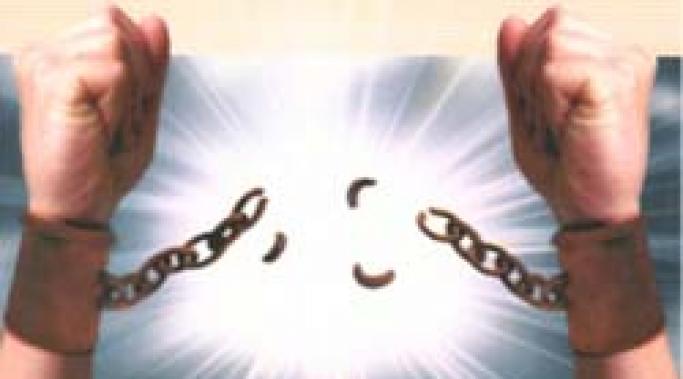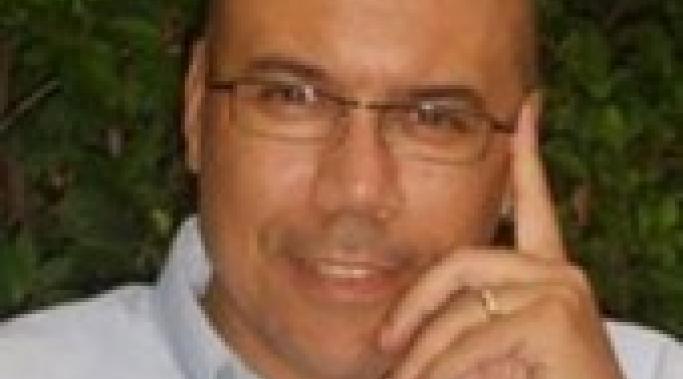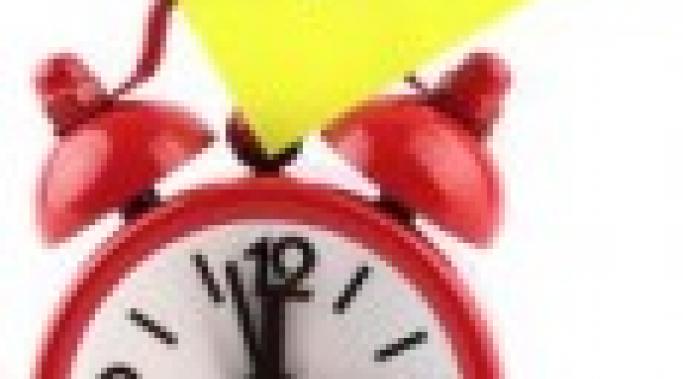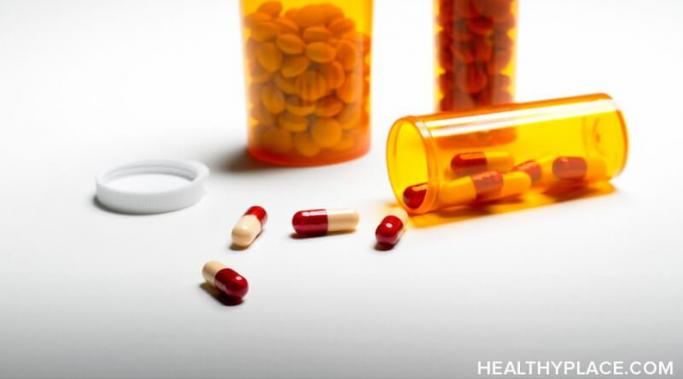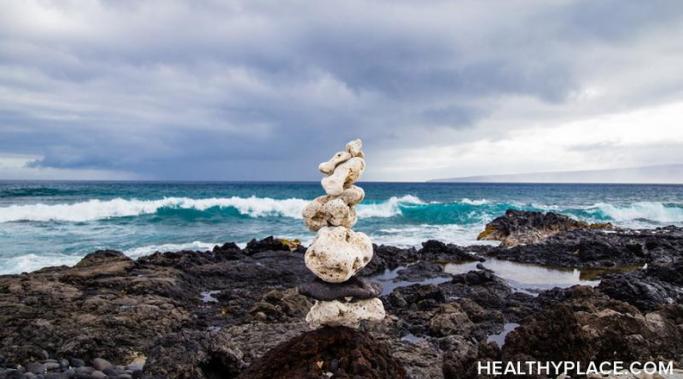For me, my early addiction recovery program was made up of many questions and few answers. My major question was, “What do I do now?” At the time, I was unclear as what to do in addiction recovery. But if I had the opportunity to magically go back in time, I would work through my early addiction recovery program as I lay it out for you here. These are the early addiction recovery program essentials.
Debunking Addiction
In case you didn’t know already, addiction is a liar. It will do whatever it can to keep itself alive. One of the primary ways that it does so is through the use of defense mechanisms. Defense mechanisms are simply thought/behavior patterns that addicts use to continue on our path to destruction. They come in many forms and I am going to cover just a few of the more prominent ones:
Addiction is cunning, baffling and powerful. Its sole mission is to make our lives a living hell. It brings along with it a number of its companions: denial, rationalization, and blame, to name but a few. Living with addiction is like living in a prison – one in which one feels there is no escape.
Addiction recovery, or for that matter, any recovery, requires a certain amount of patience in yourself as you learn new healthy coping skills. Some people who struggle with addiction have struggled for years, and brain pathways have developed around the craving and use of substances. In order to change behaviors, there is absolutely going to be an amount of time where you feel uncomfortable, unsure of yourself, and feel out of your comfort zone. That is because the addiction was the comfort zone for so long, no matter how devastating the consequences.
Is addiction a disease? This question has been up for debate for many years. If so, how does addiction qualify as a disease?
Addiction is death. I don’t just mean physical death. I mean emotional, mental and spiritual death as well. Addiction has the ability to destroy lives – and I should know. I have seen first-hand how addiction has destroyed relationships, leaving individuals broken and beaten down. I have this experience.
I was born in Buffalo, NY and was adopted at 6 months. I had a pretty “normal” childhood. Once I got into my teens, I began to experiment with alcohol. Upon entering college, I progressed to other drugs. During my freshman year, I experienced a psychotic break. Despite this, I continued to abuse drugs. Somehow, I managed to graduate from college and was able to land my first real job.
Sometimes, it is important to know when you need a break, a hiatus, and have to say no to certain things in your life. I have taken a few weeks off writing because I knew I was spread too thin with work, travel, life and health issues and asked to take a break. In recovery and sobriety from an addiction or mental health struggle, we can often take on too much. We think we can do it all and become yes people. When we feel we need a break or are feeling overwhelmed, we start to question if something is wrong with us. We start listening to the "should monster," saying we should be able to do it all. Then we beat ourselves up if we cannot handle it.
Prescription drug abuse and addiction is an epidemic. It affects people from all walks of life, all ages, races, ages, backgrounds, socioeconomic standing, etc. There is a huge rise across the country in the numbers of nonmedical use and abuse of prescription drugs. It is important to understand that prescription drug abuse is defined as “the use of a medication without a prescription, in a way other than as prescribed, or for the experience or feelings elicited.”
I know it's difficult to say no to others, but your addiction recovery comes first. Wanting to help others is only natural when you see them going through what you are currently going through, or have gone through in the past. By nature, I believe a lot of people find it easier to take care of others versus themselves. I want to remind all recovery warriors, that you must take care of YOU first, and others second. Your addiction recovery comes first--always.
